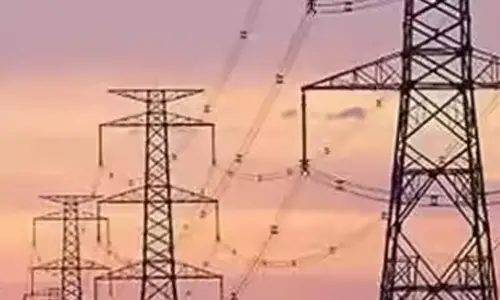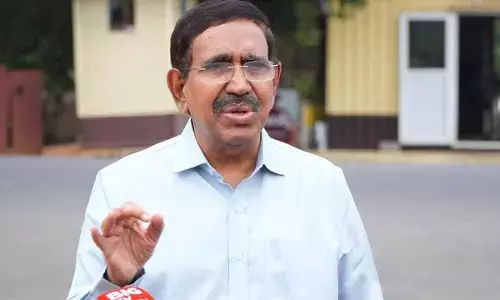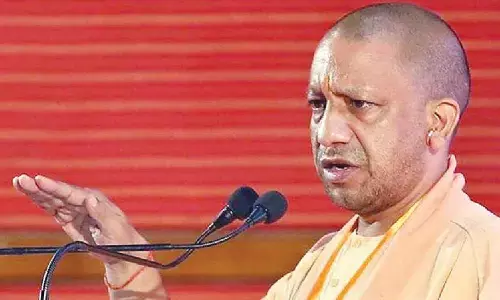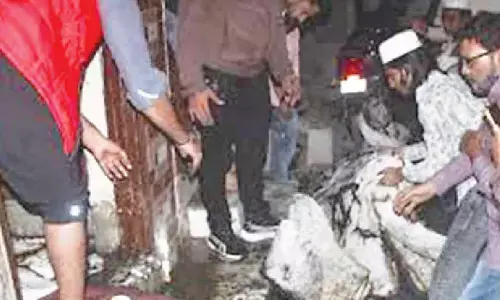Women paying the price for poor sanitation, water access

Last week’s heart-wrenching events, when two young girls were raped and hanged in a village in UP whilst going to a field to defecate
.jpg) Last week’s heart-wrenching events, when two young girls were raped and hanged in a village in UP whilst going to a field to defecate, reveals a wide-reaching problem of today. Though lack of decent sanitation and access to water make life difficult for a large part of India’s poor, women are paying the higher price.
Last week’s heart-wrenching events, when two young girls were raped and hanged in a village in UP whilst going to a field to defecate, reveals a wide-reaching problem of today. Though lack of decent sanitation and access to water make life difficult for a large part of India’s poor, women are paying the higher price.
Over half of the world’s open defecation takes place In India, with 597 million people having no other option to relieve themselves, says the report Progress on Drinking Water and sanitation, updated in May of this year. Around 65% of the rural population and 30% of slum populations defecate in the open. Furthermore, a large amount of the rural and urban population continues to depend on public water sources, which make fetching water time consuming and physically challenging. Both sides of the lack of adequate water access and sanitation are a big obstacle for women’s empowerment, they force women to continue their role of housekeeper and expose them to violence.
Fetching water from public water sources is immensely time consuming, as women often have to walk long distances or queue for many hours before being able to get water. The supply of water is also unpredictable. In many slum areas, residents never know when the water tap will be working. This makes it impossible for many women to have jobs outside of the home, as they spend many hours collecting water, and cannot predict at what time they will have to run to the communal tap. This condemns women to their role as housekeeper.
Lack of toilets creates a major loss of dignity for women, who have no privacy to deal with symptoms of menstruation or pregnancy. To preserve their modesty, many are forced to relieve themselves at night, which makes them vulnerable to attack. It is often a case of risking rape to reach a toilet. A Times of India report in Febuary quoted the police of Uttar Pradesh as stating that 95% of cases of sexual violence (rape and molestation), took place when women and girls left their homes to answer the “call of nature.” Bhawna, a teenaged girl from Lucknow, told Wateraid about her experience: "I was dying every moment but nobody can feel that pain. One day, I saw my own family members, my uncle and cousins peeping from the bushes while I was squatting. I was flabbergasted. I can still remember those greedy black eyes."
Lack of access to water and sanitation is yet another field of social life where gender roles and gender violence are created and reinforced. It shows how urgently the sanitation issue needs to be tackled.
Next Story










